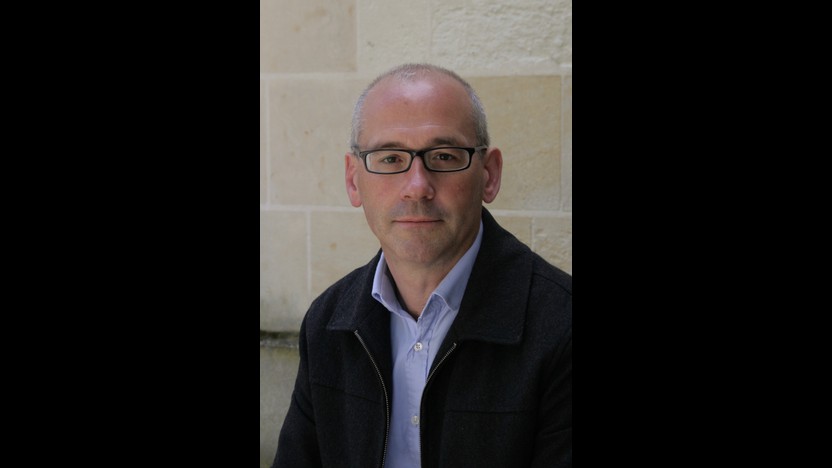Peter Bennett
Guest Musician


Active as both a performer as a scholar, Peter Bennett is Head of Harpsichord at the Cleveland Institute of Music, and Associate Professor of Musicology and Head of Historical Performance at Case Western Reserve University.
Peter studied organ in Cambridge (Nicolas Kynaston) and Vienna (Peter Planyavsky), and harpsichord in London (Jill Severs), Siena, and Paris (Kenneth Gilbert). After working as a continuo player with numerous period and modern ensembles and orchestras in London, he founded Ensemble Dumont (1995-2003), a consort of singers, viols and continuo which he directed from the keyboard and with whom he appeared in the UK and Europe, performing at the Bruges and Innsbruck Early Music Festivals, the MDR-Sommer Festival, and the Wigmore Hall, London, and broadcast on the BBC, RAI (Italy), MDR/SWR (Germany), and R3 (Belgium). The ensemble’s recordings for Linn Records received accolades from Gramophone Magazine (Editor’s Choice and Critics’ Choice) Diapason, France (5*), BBC Music Magazine, and Le Monde de la Musique. In Cleveland he teaches harpsichord in the CWRU HPP program and at CIM, and plays regularly with Apollo’s Fire, the Cleveland Baroque Orchestra.
As a scholar Peter’s interests lie in early-modern France, focusing in particular on the intersection of music, religion, and politics in Louis XIII’s Paris. His publications include “Hearing King David in Early Modern France: Politics, Prayer, and Louis XIII’s Musique de la Chambre” (Journal of the American Musicological Society, Spring, 2016) and a co-authored chapter with Georgia Cowart in The Cambridge Companion to French Music (Cambridge University Press, 2015): he has also published in the Revue de Musicologie and Early Music, and his first book, Sacred repertories in Paris under Louis XIII (2009), appeared in the Royal Musical Association Monograph series. Bennett’s ongoing projects include a monograph (Sounding the Liturgy in Early Modern France: Music, Ceremony and Power at the Court of Louis XIII), and a collected volume for Classiques Garnier growing out of a 2015-16 fellowship at the Centre d’Etudes Supérieures de la Renaissance, Tours, France.
